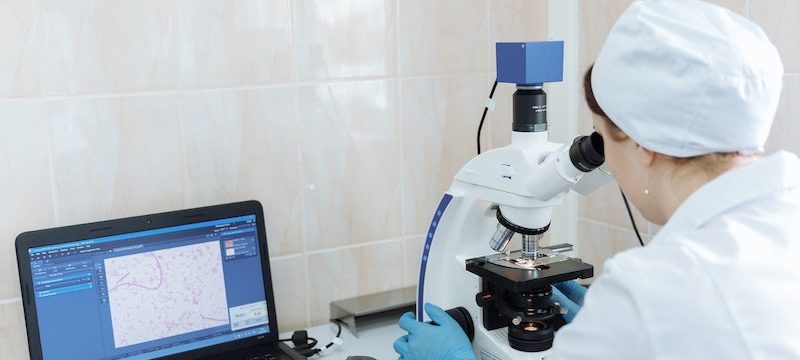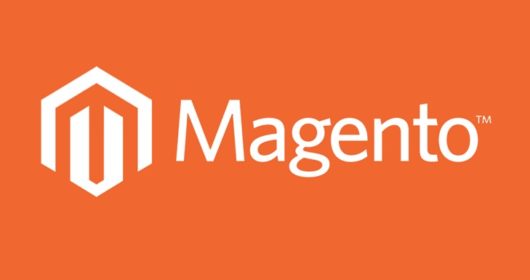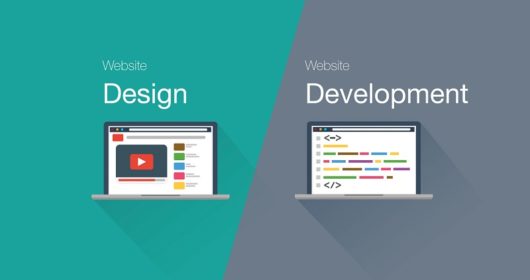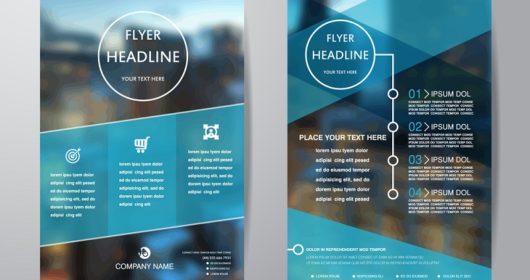5 Ways Technology Advances Healthcare

Healthcare is a broad industry that touches almost every other sector. It is also an industry that has struggled to keep pace with the rapid rate of technological advancement in other fields. The tech-savvy generation and millennials are driving much of this change, making it easier for people to adopt new technology and interact with services online. That’s good news for healthcare professionals; patients benefit greatly from these changes. Technology innovations in healthcare are improving lives and saving money along the way. Here are the 5 ways technology advances healthcare. Let’s dig into the article.
1. Electronic Medical Records
The move to electronic health records has slowed in recent years but is still a worthwhile investment for the healthcare industry. Having a centralized system that allows providers to share information about patients and their care will save time and money in the long run. Electronic health records also provide a paper trail of a person’s medical history and diagnoses, making it easier for doctors to refer to this information when treating a new patient. While some practices have not switched to electronic health records, most hospitals allow patients to view their medical records online. The medical and insurance industries will benefit most from this technological advancement.
2. Fitness Trackers and Activity Apps
Fitness trackers and activity apps are wildly popular among people of all ages. They provide a way to track progress toward fitness goals and improve overall health. These trackers and apps have the potential to do more than just track fitness progress. They also monitor blood pressure, heart rate, and delta sleep. Delta sleep is the deepest sleep stage when the brain produces the most delta waves when the body repairs and restores itself. Delta sleep is critical for healthy immune function, mental and physical health, and longevity. You can track delta sleep with a
Soltech Health tracker.
You can share this data with healthcare providers, who can use it to provide better care and make recommendations for improving health. This technology can revolutionize how people monitor their health and how healthcare providers use data to guide treatment. It could make it easier for people to find and afford the right services. It could also make it easier for doctors to see relevant data and advise their patients instantly.
3. Telemedicine
Telemedicine is the delivery of healthcare services via digital communication technology. It’s a huge part of how we can access healthcare remotely and take advantage of the fact that we’re an increasingly mobile society. Telemedicine is often used in rural areas where access to healthcare is limited. It’s also used in many other locations to give people access to free or low-cost care that they might not otherwise have. One of the most important benefits of telemedicine is that it allows people to get help even when they don’t have easy access to a doctor. Speaking to a doctor online for a diagnosis and follow-up treatment is a major step toward the democratization of medicine.
4. Smart Homes for Elder Care
Aging populations are putting a strain on healthcare systems around the world. This also results in more people receiving care in their homes, making it more difficult for family members to support their loved ones fully. Smart home technology may be able to help reduce the burden. Smart home technology allows people to remotely control their lights, appliances, and other systems. This technology is already used in many homes but is expected to become even more prevalent. It can help aging individuals stay independent longer by providing them with easy access to support systems. It could also make it easier for caregivers to provide support remotely, which could help make lives easier for family members.
5. Automated Vehicles
Autonomous vehicles are a significant development in the automotive world. They’re also an important development for healthcare. Autonomous vehicles are expected to reduce traffic accidents, making them safer for people to travel in and for first responders to deal with. These vehicles are expected to reduce the number of injuries related to accidents and the number of fatalities. They will also likely reduce the number of injuries related to car accidents caused by human error. This could result in lower costs for healthcare systems and less stress for accident victims.
Conclusion
Healthcare is a vast industry that has been slow to adopt new technologies. That’s beginning to change as millennials drive the adoption of tech-savvy services like telemedicine and remote fitness trackers. This is also spurring the adoption of more foundational technologies like electronic health records and remote monitoring devices. With new tools at their disposal, healthcare professionals can provide better care and service to patients.
Subscribe & Get E-Mail Updates Delivered
Our informative Design related articles featuring the latest Resources for Web Designers & the Web get delivered via email dialy. Thousands of readers have signed up already. Why don't you subscribe as well, and get articles delivered to your inbox?






Leave a Reply